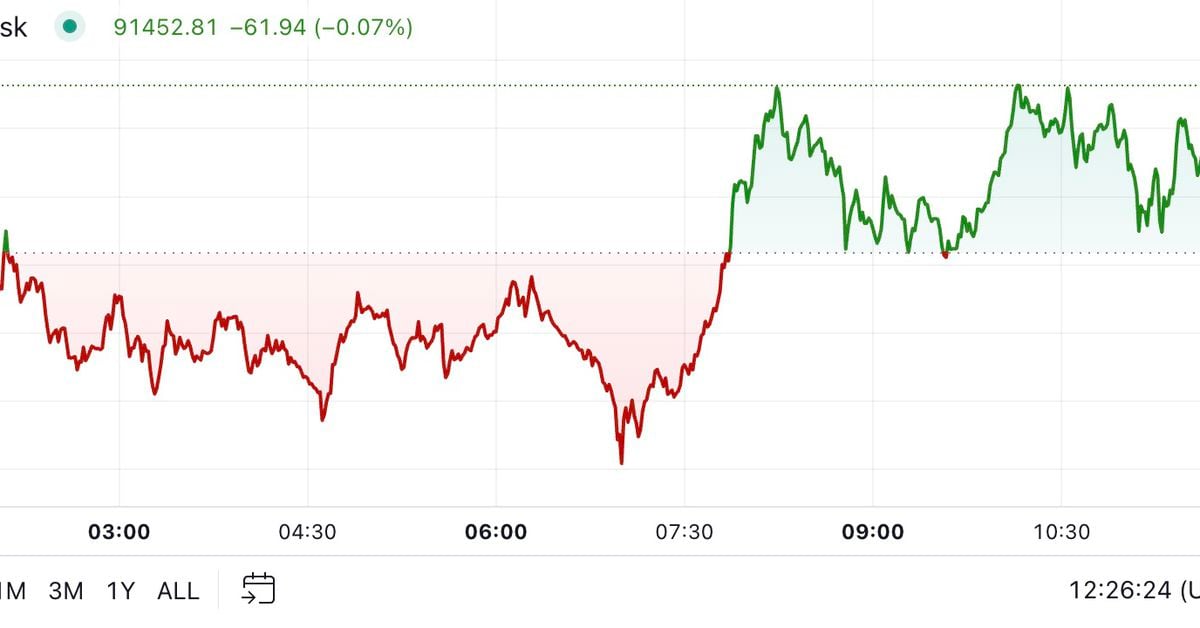Decentralized Social Media Firm Lens Eyes Massive Scale-Up

Given the power large social media firms wield these days, not to mention worries around AI-driven bias, the time is ripe for decentralized alternatives like Lens to jump into the spotlight. Lens, a blockchain-based approach to information sharing, released its latest version which strengthens the platform’s endlessly customizable and collaborative potential.
Lens, which was founded in 2022 by the creators of decentralized finance (DeFi) giant Aave, released its version 3 on Monday, having already empowered some 550,000 users by granting them complete ownership of their social identity, the veri they create, the connections they make and the audiences they communicate with.
Lens is one of several blockchain-oriented, or “Web3,” startups attempting to reach scale by addressing what are seen as the drawbacks of social-media platforms managed by big centralized companies such as Facebook and Elon Musk’s X (formerly Twitter).
X owner Musk’s now close alignment with the incipient government of Donald Trump could make this a good time to court a proportion of Americans with social media alternatives such as Lens.
Lens founder Stani Kulechov said he expects to see “some increased activity, for sure” in the wake of the U.S. election. “But the true spikes will come on the application layer as we see more and more applications being built on this technology,” Kulechov said in an interview.
Lens employs DeFi’s concept of composability, the use of Lego-like building blocks to add features and plug into other applications within the blockchain space.
With the latest version, Lens introduces a couple of flagship features in the form of information feeds and curated content groups. The way feeds can be developed within Lens, means users have the ability to create what are essentially decentralized autonomous organizations (DAOs), Kulechov said, that could range from newsletters to entire newspapers with thousands of contributors.
The platform’s foundational on-chain identity and verification flexibility means a rising tide of AI-driven bias can be kept in check.
“The election showed that people consume algorithms that are pretty much pushed at them and there’s very little user choice. Whether it’s with feeds or some other type of solution, users should be able to choose their algorithm, and be able to shop around and change it knowingly,” Kulechov said.





